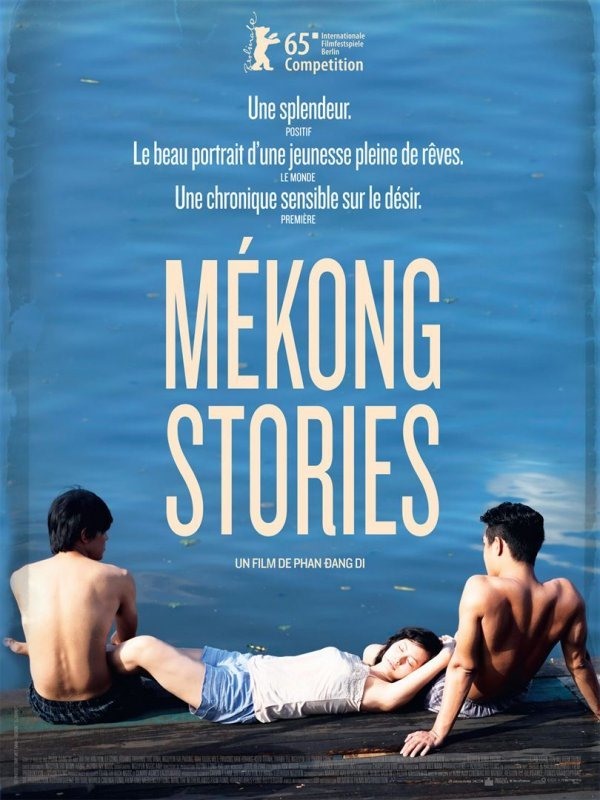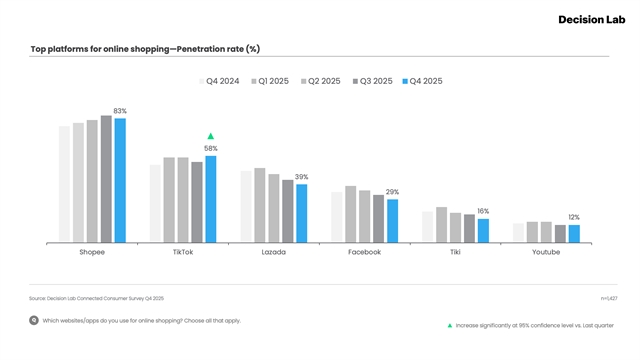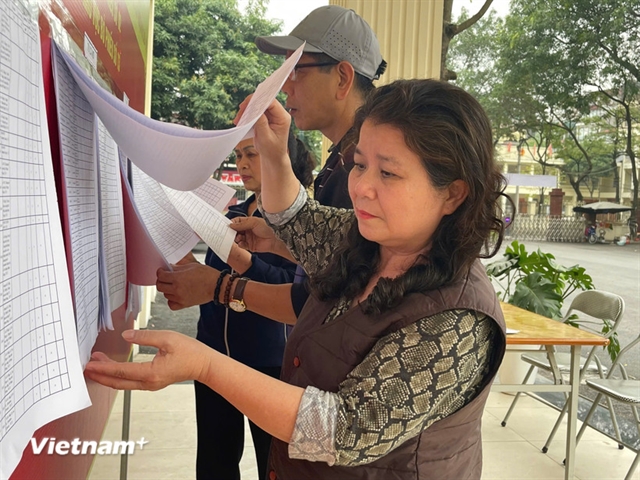 Life & Style
Life & Style

Officials in charge of cultural affairs from francophone countries in Asia Pacific gathered yesterday in Hà Nội to discuss policies and strategies to develop cultural industries and promote cultural diversity.
 |
| International: A scene in the film Mekong Stories, made in 2015 by Vietnamese filmmaker Phan Đăng Di, which was a big success in Francophone countries. — Photo www.soi.vn |
HÀ NỘI — Officials in charge of cultural affairs from francophone countries in Asia Pacific gathered yesterday in Hà Nội to discuss policies and strategies to develop cultural industries and promote cultural diversity.
The three-day workshop has gathered about thirty delegates, mostly high-level officials working in departments and agencies in charge of cultural affairs, from Việt Nam, Laos, Cambodia, and Vanuatu.
The workshop was organised by the International Organisation of La Francophonie (OIF) and Việt Nam’s Ministry of Culture, Sports and Tourism.
The aim of the workshop is to create a group of contacts who are well-informed of the methods for developing cultural industries and who are also able to take part in a co-operation project between the OIF and the government of a beneficiary country.
Éric-Normand Thibeault, the regional representative of the OIF based in Ha Noi covering the Asia-Pacific, stressed that the topic is at the heart of his organisation’s mission.
Cultural industries include, but are not limited to, text, music, television, and film production and publishing, as well as crafts and design.
Creative and cultural sectors are strategic assets for national and regional economies through the creation of wealth for employees and promoting cities.The recent report “First world’s panorama of the economy of the culture and creation”, published in 2015 by The International Confederation of Societies of Authors and Composers, highlighted that creative and cultural sectors represent on a global scale about US$2,250 billion of revenues, or 3 per cent of global GDP.
These sectors also represent 29.5 million jobs, more than in the automotive industry in Europe, Japan and the US combined.The study also demonstrated that Asia Pacific is the world leading market of cultural and creative industries, especially in video, architecture, and cinema, due to its high number of consumers and prosperous middle class.“The other problem which we will confront throughout this seminar will examine how countries can take full advantage of this huge potential, not only as consumers but also as producers of cultural and creative contents devoted to their own people and to the world,” stressed Youma Fall, head of the division of “French language, culture and diversity” of the OIF in Paris. Tasked with promoting cultural and linguistic diversity, and within the framework of the Four-Year Plan 2015-18, the OIF is taking actions to create a favorable environment to strengthen the diversity of cultural expressions and mainstreaming cultural factors into sustainable development strategies. — VNS




